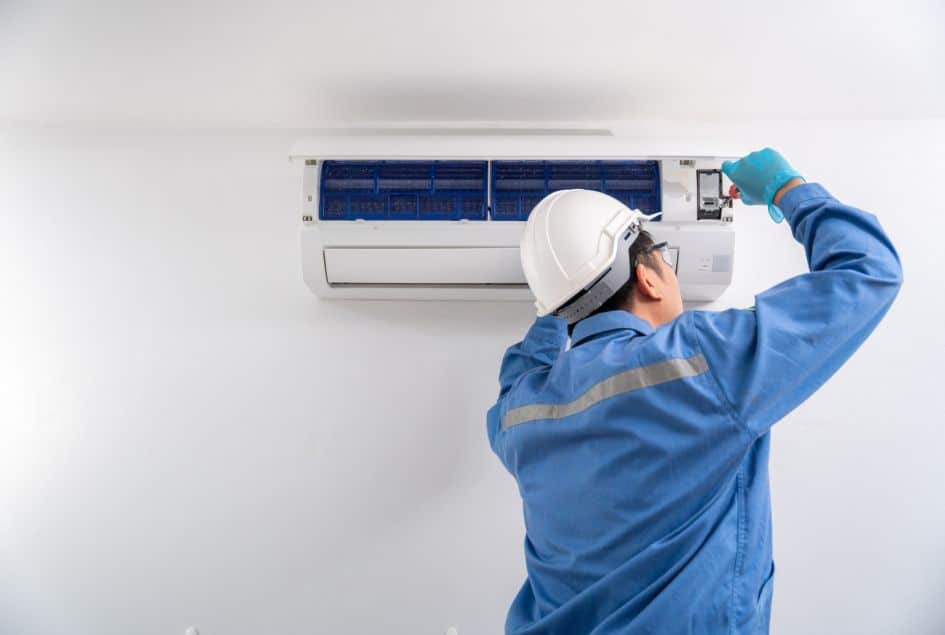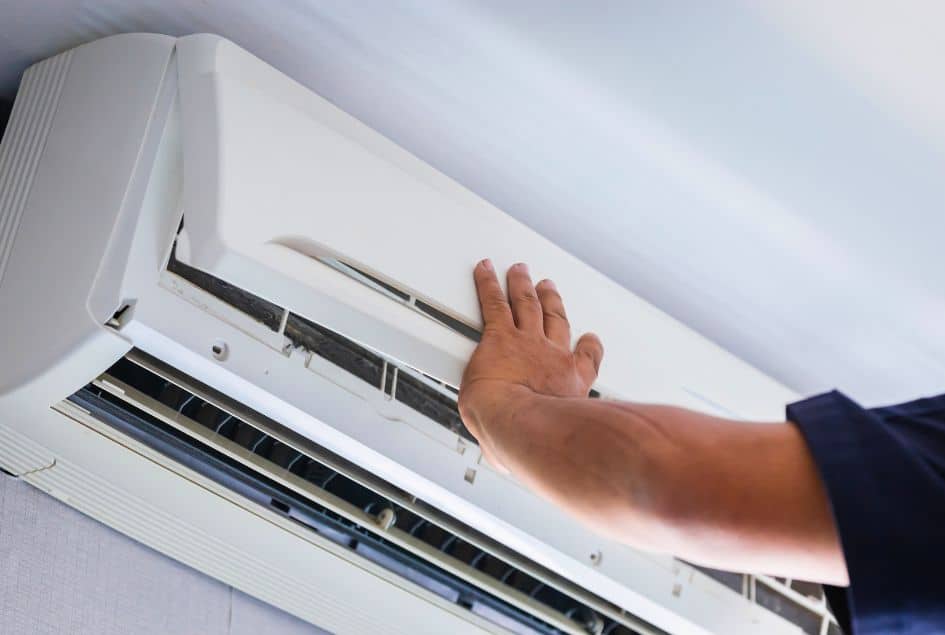How Long Do AC Units Last in Florida? Understanding The Lifespan of Air Conditioners in Florida
Air conditioning systems play a crucial role in maintaining comfortable indoor environments, particularly in regions with warm climates like Florida. However, like any mechanical equipment, air conditioners have a limited lifespan, and understanding their longevity is vital for effective facility management and budgeting.
What is The Lifespan of an AC System in Florida?
The lifespan of an air conditioner in Florida can vary depending on several factors, including proper maintenance, usage patterns, and environment conditions. On average, an AC unit in Florida can last between 10 to 15 years with consistent maintenance and care.
However, the extreme heat and humidity in Florida can put additional strain on air conditioning systems, potentially shortening their life expectancy.
Planning Regular Maintenance for Your AC System
To maximize the lifespan of an AC system in Florida, it is essential to perform routine maintenance tasks such as changing the air filter regularly, cleaning the evaporator coil, cleaning the cooling system, and checking electrical connections.
Annual tune-ups by a professional HVAC technician can also help identify and address any potential issues before they lead to costly repairs or premature system failure.
Neglecting proper maintenance can result in decreased efficiency, higher energy bills, and more frequent breakdowns. A well-maintained AC unit not only lasts longer but also performs better, providing optimal cooling and indoor air quality.
Investing in HVAC system maintenance can ultimately save money in the long run by extending the average lifespan of the air conditioning system and avoiding unexpected breakdowns. For example, dirty air filters are a relatively simple part of maintenance but can lead to expensive repair costs if not taken care of properly.
Factors Affecting Air Conditioning System Lifespan in Florida
Several factors can impact how long AC units last in Florida. The coastal areas of Florida present unique challenges due to the corrosive nature of salt air, which can accelerate the deterioration of AC components, especially if you have a fully outdoor unit.
Additionally, the year-round use of air conditioners in Florida puts more wear and tear on the systems compared to regions with milder climates and can decrease the average lifespan of a central air conditioner unit.
Size and Efficiency
The size and efficiency of the air conditioning unit also play a significant role in its lifespan. An oversized or undersized unit may struggle to maintain consistent temperatures, leading to increased strain on the system. Choosing an energy-efficient AC unit that is properly sized for the space can help optimize performance and extend its life expectancy.
Age and Quality
Other factors that can affect Florida AC life expectancy include the quality of installation, the age of the unit, and the level of maintenance it receives. Regularly planned maintenance for HVAC systems, such as cleaning or replacing air filters, can help prevent dirt and debris from accumulating and impeding airflow. A clogged or dirty air filter can cause the system to work harder and wear out faster.
Signs Your AC Unit May Need Replacement
Even with proper maintenance, air conditioners will eventually reach the end of their lifespan. Recognizing the signs that your AC unit may be on its last legs can help you plan for a replacement before a complete breakdown occurs. Some indications that it may be time to replace your air conditioner include:
- Frequent breakdowns or repairs
- Increased energy bills despite usage remaining the same
- Uneven cooling or hot spots in your home
- Strange noises or odors coming from the unit
- The AC unit is more than 10-15 years old
If you notice any of these signs, it is advisable to consult with a professional HVAC technician to assess the condition of your air conditioning system. They can provide guidance on whether repairs are sufficient or if replacement is the more cost-effective option in the long run.
Choosing a New Air Conditioner for Your Florida Home
When the time comes to replace your air conditioner, it is important to make an informed decision. Consider factors such as energy efficiency, size, and features when selecting a new AC unit. Look for units with high Seasonal Energy Efficiency Ratio (SEER) ratings, as they can help reduce energy consumption and lower your utility bills.
Proper sizing of the air conditioning system is crucial for optimal performance and efficiency. An oversized unit will cycle on and off frequently, leading to increased wear and tear, while an undersized unit will struggle to keep your home cool and comfortable.
A professional HVAC contractor can perform a load calculation to determine the appropriate size AC unit for your specific home and needs.
Investing in a quality air conditioning system and scheduling regular maintenance can help ensure a longer lifespan and better performance. While the upfront cost of a new AC unit may seem significant, it can provide long-term savings through improved energy efficiency and fewer repairs over its lifetime.
Be Proactive About Air Conditioner Repair
Understanding the lifespan of air conditioners in Florida is essential for homeowners. Regular maintenance, proper sizing, and timely replacement can help maximize the life expectancy of your AC unit while ensuring optimal performance and indoor comfort.
By staying proactive and making informed decisions about your air conditioning system, you can stay cool and comfortable in Florida’s challenging climate conditions.
If you are having issues with your air conditioner unit, reach out to Quick Air. We can inspect your unit and give you a quote on any necessary maintenance that may be needed. Our repair costs are upfront and transparent. We understand how important a working AC system in Florida is, so give us a call at (305) 850-6954 or send us a message through our online form to get an estimate scheduled today.





